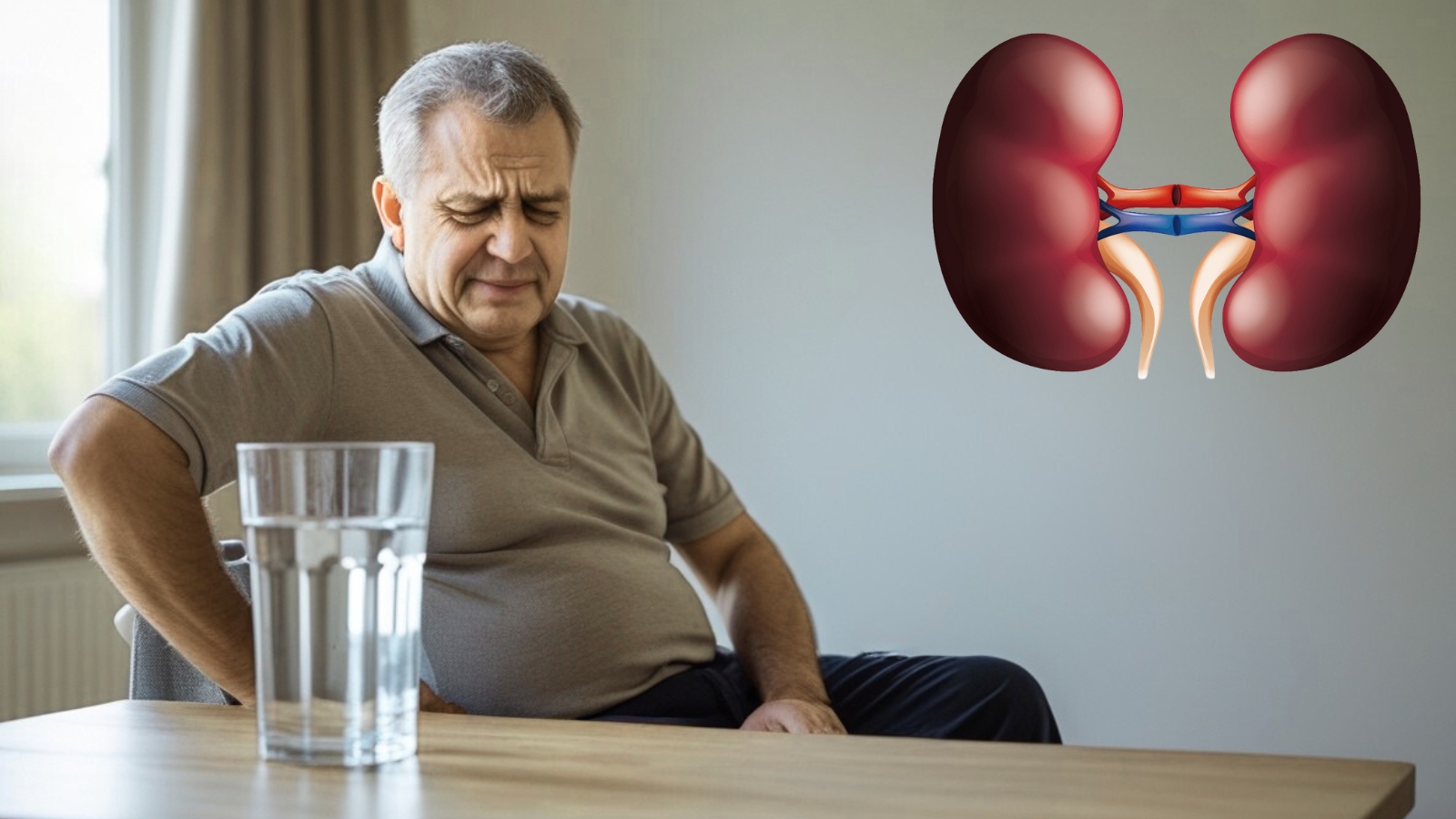People often overlook the nose when considering health danger signs, but it may be the first to sound a subtle warning that the body’s condition
Read MoreFars… we all pass them, try to hide them, and sometimes laugh about them. But they’re not just an embarrassing elevator situation or an unwanted
Read MoreThe kidneys are the body’s first line of defense against waste buildup, and with any decline in their ability to function, a number of silent
Read MoreSometimes, red spots appear on the skin, varying in size and shape, causing concern for many people. These spots may be simple and harmless, or
Read MoreWhy does coconut oil receive all this attention in the world of cosmetics?Coconut oil is considered a multi -use oils thanks to its natural properties
Read MoreVitamin B12 is one of the vital elements that the body cannot dispense with. Its role is not only limited to the production of red
Read MoreOften, the body suffers in silence. You may feel like everything is normal, but there are silent signals your body is sending out to warn
Read MoreNo Mayo, All Soul Your Time Investment:20 minutes hands-on + 30 minutes letting flavors waltz(Feeds 4 hungry souls or 2 very enthusiastic ones) Imagine hard-boiled
Read MoreBreast cancer often whispers before it shouts. Catching changes early saves lives. Here are 9 symptoms everyone with breast tissue should watch for (and report
Read MoreCancer rarely announces itself with flashing lights. Instead, it often whispers through persistent changes in your body’s normal patterns. Recognizing these signs early can be
Read More









